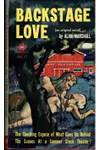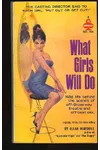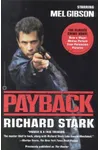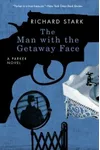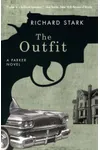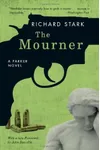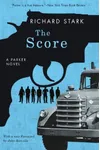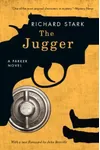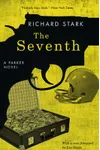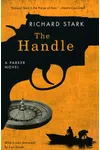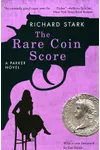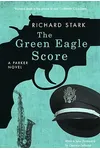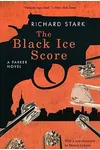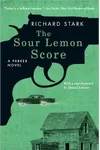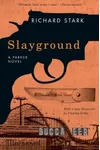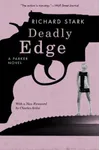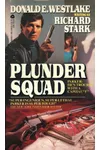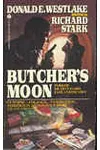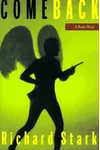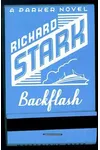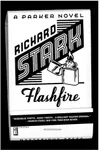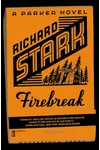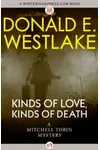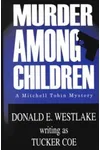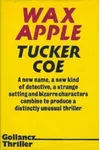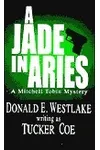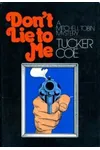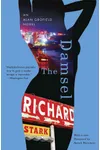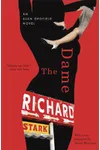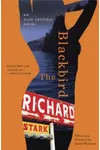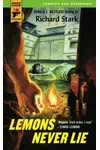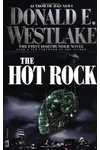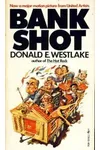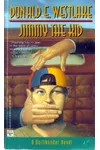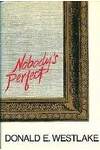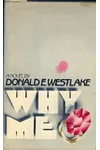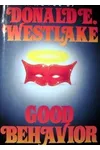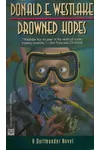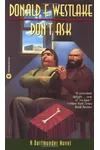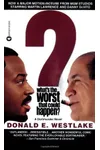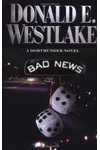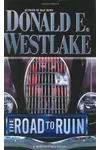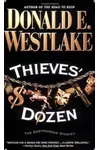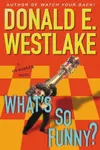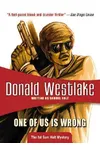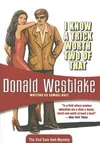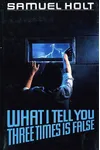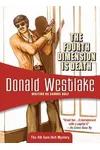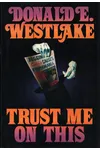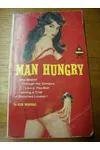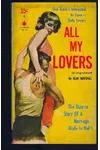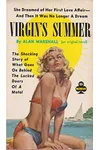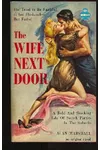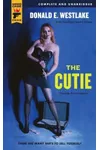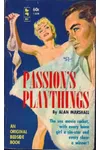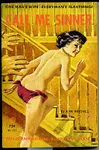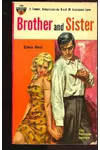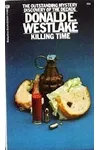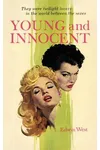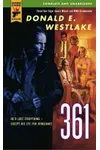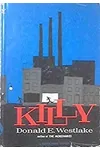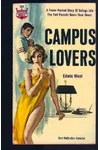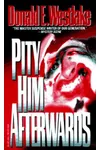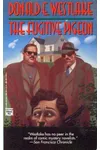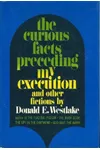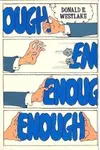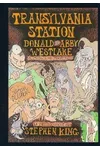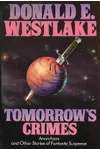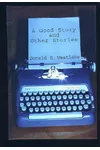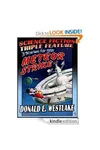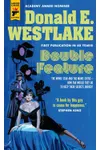Picture a Brooklyn-born storyteller who spun tales of cunning crooks and clever capers—meet Donald E. Westlake! With a career spanning nearly five decades, this master of crime fiction and occasional science fiction penned over 100 novels, many under cheeky pseudonyms. Known for his razor-sharp wit and unforgettable characters like the stoic Parker and the bumbling John Dortmunder, Westlake’s stories still thrill readers and inspire Hollywood adaptations.
A three-time Edgar Award winner and a Mystery Writers of America Grand Master, Westlake didn’t just write books—he crafted worlds where morality danced on a knife’s edge. Whether you’re new to his work or a longtime fan, his legacy promises a wild ride through the underbelly of crime.
The Making of Donald E. Westlake
Born on July 12, 1933, in Brooklyn, New York, Donald Edwin Westlake grew up with a knack for storytelling. After a stint in the U.S. Air Force and a brief college career, he dove into writing, cutting his teeth on short stories for pulp magazines in the 1950s. His early gigs at literary agencies sharpened his prose, and by 1960, he published his first novel, The Mercenaries, launching a prolific career.
Influenced by hard-boiled greats like Dashiell Hammett and his own love for comic twists, Westlake carved a unique niche. Writing under pseudonyms like Richard Stark for his gritty Parker series and Tucker Coe for introspective mysteries, he juggled tones and genres with ease, earning a cult following.
Donald E. Westlake’s Unforgettable Stories
Westlake’s bibliography is a treasure trove of crime fiction, with two standout series defining his legacy. The Parker novels, written as Richard Stark, follow a ruthless professional thief. The first, The Hunter (1962), inspired films like Point Blank and Payback. Parker’s cold precision and moral ambiguity redefined antiheroes, blending gritty realism with taut suspense.
Contrastingly, the Dortmunder series, starting with The Hot Rock (1970), is a love letter to comedic heists. John Dortmunder, a hapless thief with a knack for botched plans, leads a ragtag crew through hilarious misadventures. Books like Bank Shot (1972) showcase Westlake’s playful side, with slapstick humor and clever plotting. Beyond series, standalone novels like The Ax (1997), a dark satire about a laid-off worker’s murderous job hunt, highlight his versatility.
Westlake’s style—crisp dialogue, lean prose, and a knack for pacing—made his stories addictive. His ability to toggle between dark thrills and lighthearted capers kept readers hooked, while his pseudonyms let him explore every corner of the crime genre.
Why Donald E. Westlake Matters
Westlake’s influence ripples through crime fiction and beyond. His Parker series paved the way for modern antihero-driven stories, inspiring authors like Elmore Leonard and filmmakers like Quentin Tarantino. The Dortmunder books, with their comedic flair, remain a benchmark for heist humor, echoed in films like Ocean’s Eleven. His screenwriting, including an Oscar-nominated script for The Grifters, cemented his Hollywood clout.
More than awards, Westlake’s legacy lies in his storytelling joy. He wrote for readers, not critics, crafting tales that entertain and endure. His work reminds us that crime fiction can be both thrilling and fun, a balance few master as deftly.
About Donald E. Westlake
- Born: July 12, 1933, Brooklyn, New York
- Died: December 31, 2008
- Key Works: The Hunter, The Hot Rock, The Ax
- Awards: Three Edgar Awards, Mystery Writers of America Grand Master (1993)
Ready for a literary heist? Snag The Hot Rock or The Hunter and dive into Donald E. Westlake’s wickedly clever world of crime!
